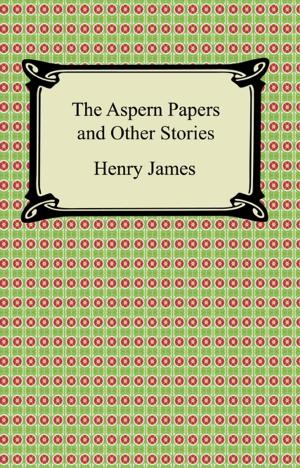| Author: | Sophocles | ISBN: | 9781420909036 |
| Publisher: | Neeland Media LLC | Publication: | December 15, 2009 |
| Imprint: | Digireads.com Publishing | Language: | English |
| Author: | Sophocles |
| ISBN: | 9781420909036 |
| Publisher: | Neeland Media LLC |
| Publication: | December 15, 2009 |
| Imprint: | Digireads.com Publishing |
| Language: | English |
The second story in the Oedipus Trilogy, "Antigone", examines the conflict between public duty and personal loyalty. Following the banishment of Oedipus, Eteocles and Polyneices kill each other over a dispute of succession to the thrown of Thebes. Creon, Antigone's uncle, succeeds to the thrown and declares that no one may bury Polyneices under penalty of death. Antigone, disregards this order and buries Polyneices and is willing to face the consequence for doing so. As a result, Creon must choose between what he believes to be his civic duty and his personal loyalty to his family.
The second story in the Oedipus Trilogy, "Antigone", examines the conflict between public duty and personal loyalty. Following the banishment of Oedipus, Eteocles and Polyneices kill each other over a dispute of succession to the thrown of Thebes. Creon, Antigone's uncle, succeeds to the thrown and declares that no one may bury Polyneices under penalty of death. Antigone, disregards this order and buries Polyneices and is willing to face the consequence for doing so. As a result, Creon must choose between what he believes to be his civic duty and his personal loyalty to his family.















